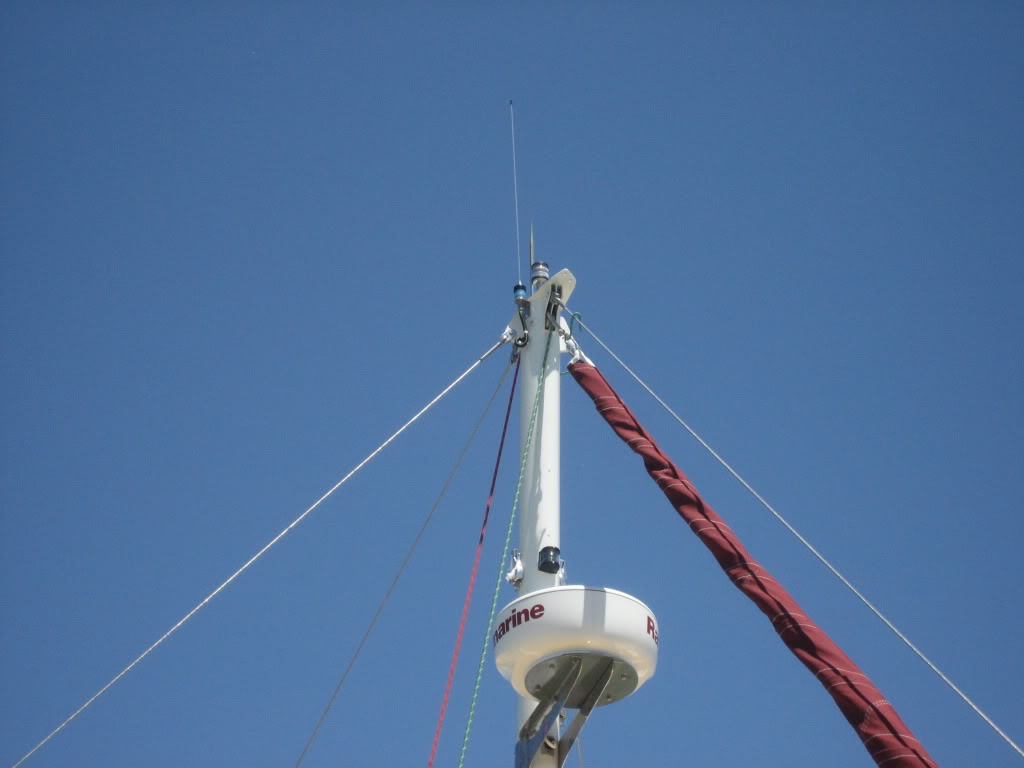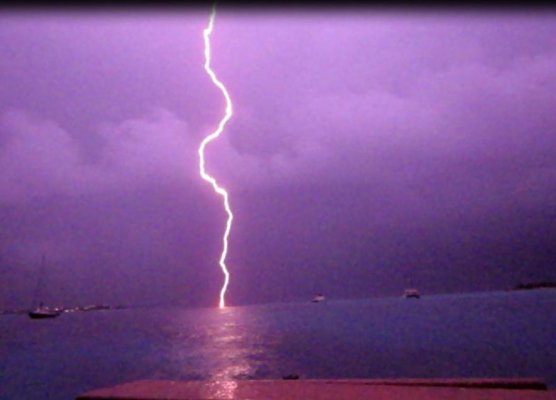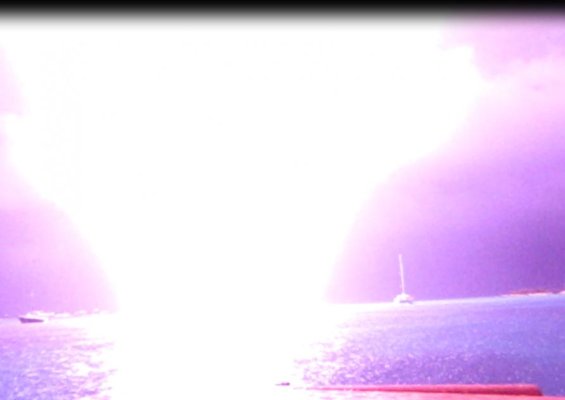I had a cousin killed by lightning when I was about 10 or so. It wasn't raining. Wasn't thundering. And no previous signs of lightning, not even in the distance. She was just standing in the yard under a large tree. 1 strike and got her in the head and she instantly died. It was just way ahead of the storm.
We heat our house with wood. Mother nature drops plenty of trees on our place which I convert into firewood. Sitting here typing in front of a nice warm fire.

Unfortunately, our house is on a small hill, not that tall compared to the surrounding terrain but we are the tallest point for a couple of miles. I think many of the trees mother nature provides us has been taken out by lightning.

For many years, I would split wood under a large oak tree at the back of our house. I would split and stack the wood under that tree and the tree would provide shade during the summer.

A few years back a storm front was on the way and it was supposed to arrive around 2:00pmish. I had a bunch of wood to split but I did not want to start working and not finish the job. There was no way I could finish by the time the front arrived so I called my parents.
Before I called I checked radar and the front was 20-30 miles away. At our house the sky was perfectly clear. Not a cloud in the sky. I was on the cell phone talking to my parents when I took a look out the west side of our house to see if I could see the front. Not a cloud to be seen.
At that moment, everything went white. Perfectly WHITE. Followed by one heck of an explosion.

Power flickered out but returned quickly. Internet was gone for a short while. My cell connection was gone.
Lightning had hit the oak tree I would have been working under splitting wood.


Bark was blown 100 feet from the tree but the tree only had a small surface crack. The tree had green leaves for another 2-3 months, when all of the sudden, in one day, ALL of the leaves went brown.
I don't think I would be alive if I had decided to split wood that day.

We had no damage to the house at all.

WHY that tree got hit and not others is a mystery. There are plenty of other oaks near that tree. Some much taller and many the same size. WHY that particular tree got hit is a mystery.
Again, not a cloud in the sky and the front was 20-30 miles away.
When the front did arrive, it dropped tornadoes which torn up a city near by, and further east, killed three people. One of the dead was a coworkers aunt whose house was destroyed by a tornado that killed her and a neighbor. If that tornado had gone maybe 100 yards east or west of its path, the people would not have died.
Later,
Dan





